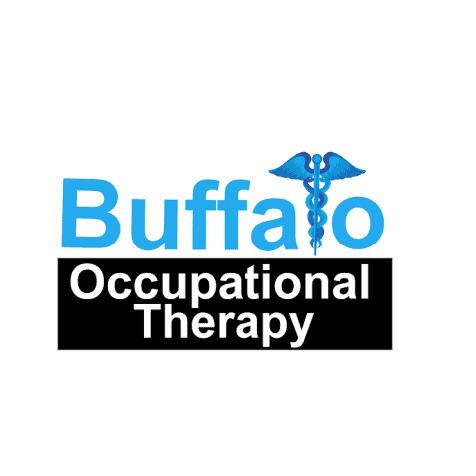Prospective Memory
What is Prospective Memory?
Prospective memory refers to the ability to remember to perform planned actions or intentions in the future. Unlike retrospective memory, which involves remembering past events, prospective memory involves remembering to do something at a specific time or in a particular situation. It’s like setting mental reminders for tasks or events that need to be completed in the future.
Imagine you need to remember to pick up milk on your way home from work. Prospective memory allows you to remember this task and execute it at the appropriate time without being reminded by someone else. It’s crucial for tasks ranging from remembering appointments and deadlines to taking medication on time.
In neurological conditions and neurodegenerative disorders, prospective memory may be affected, leading to difficulties in remembering to perform planned actions. For example, individuals with Alzheimer’s disease may forget to take their medication at the prescribed time, while those with traumatic brain injury may struggle to remember appointments or tasks they’ve planned for the day.
Examples of Prospective Memory Impairments:
- Forgetting to take medication at the scheduled time.
- Missing appointments or meetings that you had planned to attend.
- Forgetting to return phone calls or respond to emails in a timely manner.
- Leaving home without essential items you intended to bring, such as keys or wallet.
- Forgetting to turn off the stove after cooking or appliances after use.
- Missing deadlines for assignments or work-related tasks.
- Forgetting to attend scheduled events or social gatherings.
- Neglecting to pay bills on time despite intending to do so.
- Forgetting to follow through on promises or commitments made to others.
- Missing public transportation or flights due to forgetting departure times.
- Forgetting to water plants or feed pets on a regular schedule.
- Neglecting to complete household chores or tasks you planned to do.
- Forgetting to pick up items from the store that you intended to purchase.
- Missing important milestones or anniversaries, such as birthdays or anniversaries.
- Forgetting to set alarms or reminders for upcoming events or tasks.
Learn about other warning signs of dementia.
Join hundreds of others impacted by memory changes.
Your brain is worth the investment; you only get one of them. Join hundreds of other individuals in their journey to protect their brain health, memories, and movement abilities.
You are worth it.
Clients
Alzheimer's Disease or other Dementias
%
Mild Cognitive Impairment
Buffalo Occupational Therapy Offers a Variety of Services to Meet Your Memory Needs

Printable Resources
Browse our collection of memory training worksheets and resources for your personal use. All resources were created for clinical purposes and are made available to all through our occupational therapy resource store.
Book an Initial Evaluation or Consultation
If you are facing memory challenges or have recently been diagnosed with a neurological condition, we are here for you! If you are within our service area, click here to book an appointment. If you are outside of our services and our interested in a private pay consultation, click here.
